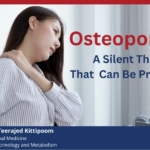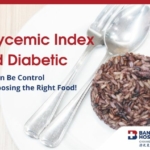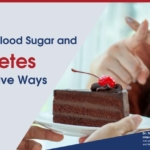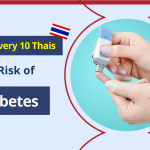Here is your most frequently requested topic, the ketogenic diet, which is widely well-known and beneficial to our health. Our specialist is herewith to explain how it differs from other diets, how to consume it properly. Check this out before ordering burnt cheesecakes, chicken fried steaks, and brown sugar milk tea.
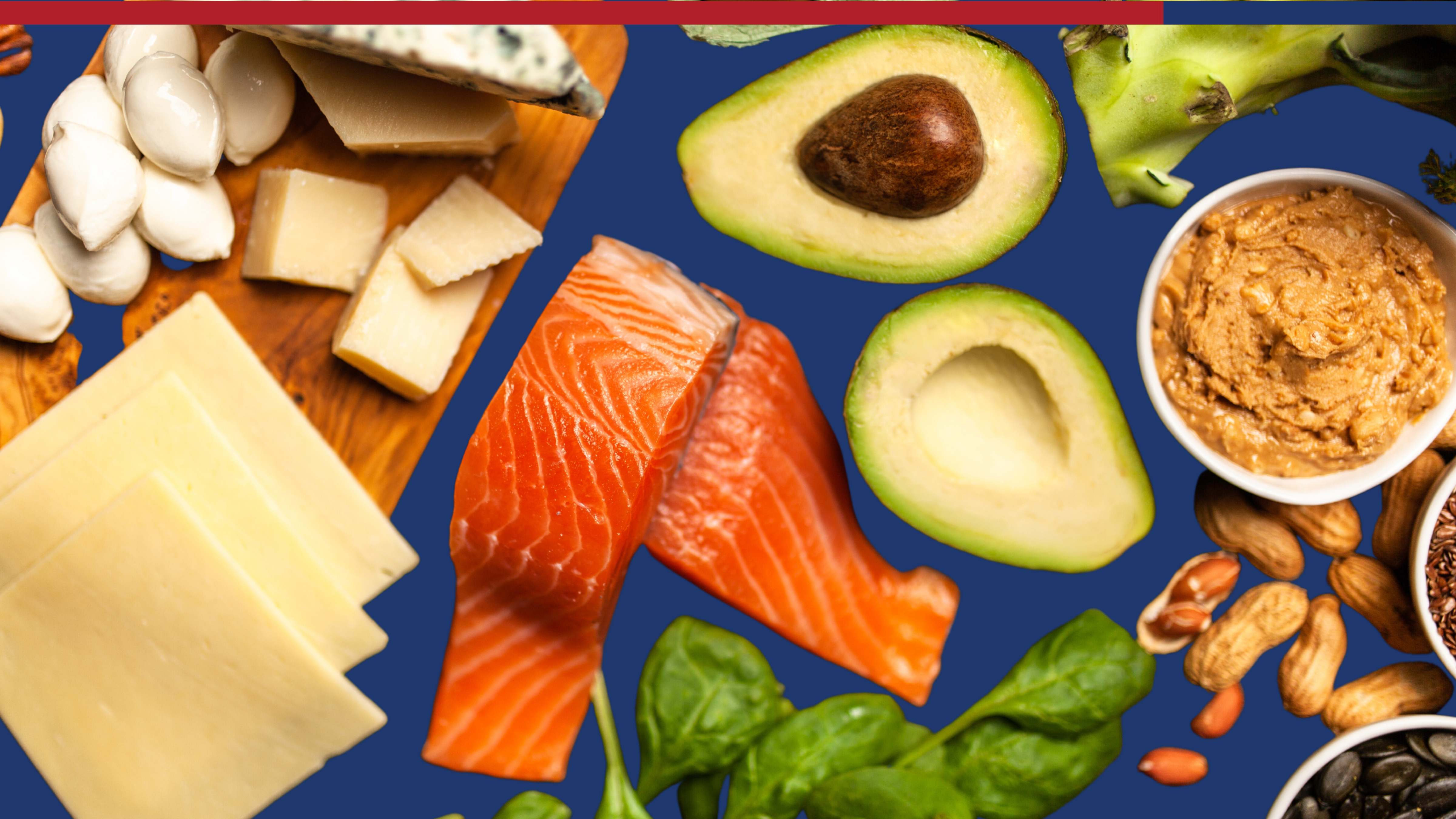
Let's start with the "Ketogenic Diet" or "Keto," which is a concept of consuming high fat and protein while limiting carbs as much as possible in each meal so that our body may go through the fat-burning process and make a substance called "Ketone," which contributes to metabolism. It is also appropriate for diabetic people who desire to regulate their blood sugar levels. Ketogenic cuisine is classified into three categories:
- 70% Fat
Ketogenic foods must contain natural fats or healthy fats derived from MUFA: Monounsaturated Fatty Acid and PUFA: Polyunsaturated Fatty Acid, such as:
- Crustacean nuts such as pistachios, almonds, nut nuts, and so on.
- Olive oil
- Sunflower oil
- Soybean oil
- Canola oil
- Rice Bran oil
- Corn oil
- Avocado
- Butter
- Cheese
- Sea fish
- 25% Protein
There are a variety of plant and meat proteins available, including:
- Pork
- Chicken
- Fish
- Egg
- Soybean
- Bean curd
- Peanut
- Peanut chicken
- Pumpkin seed
- Tempe
- 5% Carbohydrate
A category of Ketogenic foods that should be minimized as much as possible, but are difficult to achieve since Thai people tend to consume carbs at every meal. If it can be lowered to the proper proportions, it will also improve the diet. Carbohydrates, in particular, which should be taken from non-too-sweet fruits, vegetables, coconut milk, and almond milk, among other sources. Furthermore, the total amount should not exceed 11/2 cups, or around 3 little handfuls every day. In other words, the Ketogenic Diet restricts carbohydrate intake to roughly 20-50 grams per day. These three proportions are the appropriate breaks for the energy that our bodies require each day.
What Foods Should We Avoid Eating on the Ketogenic Diet?
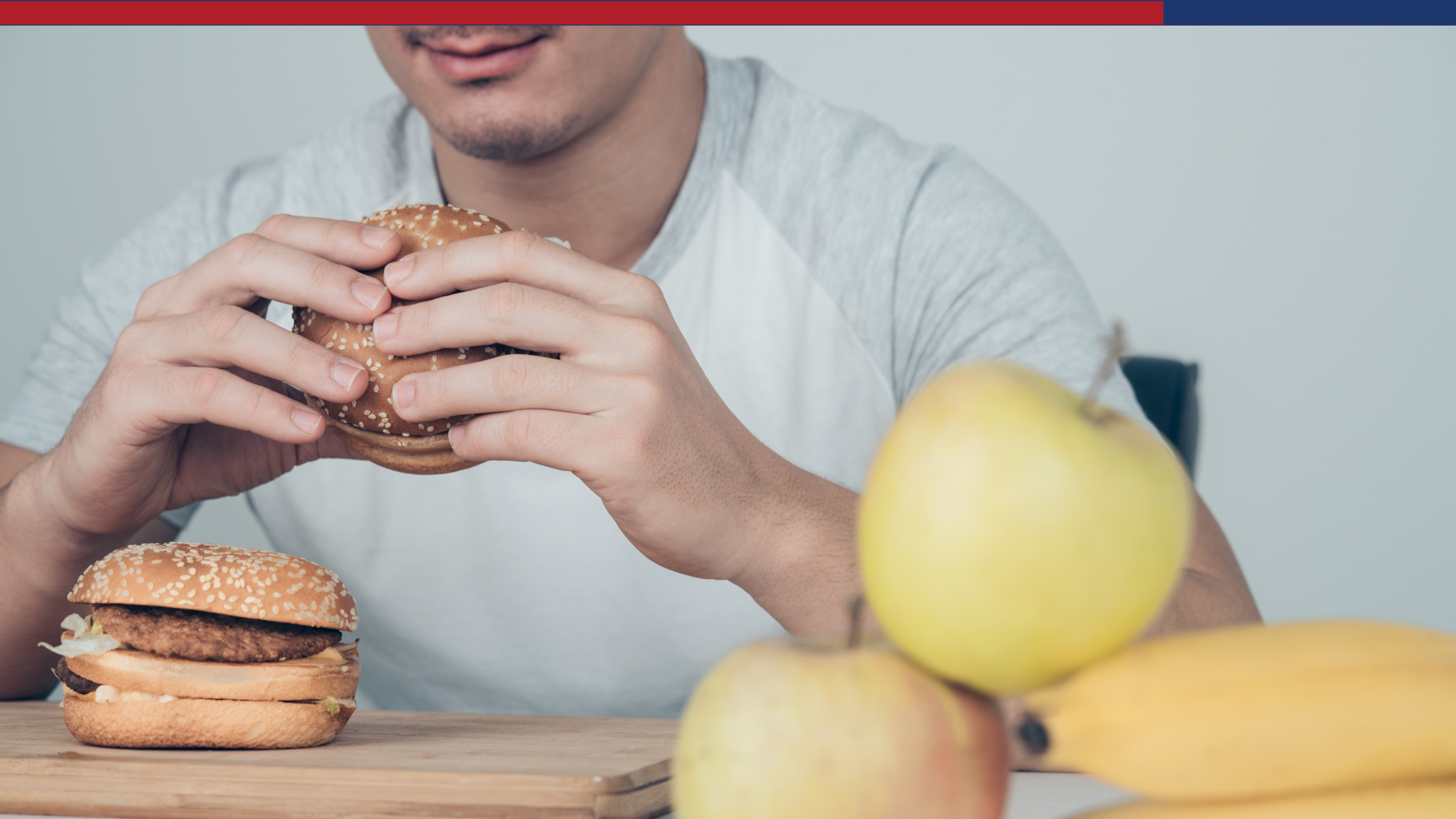
Avoid carbohydrate foods such as rice, flour, noodles, palm trees, milk, sugar, alcohol, and cake for the finest dieting results. And foods heavy in saturated fat, such as meat, processed meals, and cream. Because these foods are high in salt and trans fats, they may result in chronic disease (NCDs) or hyperlipidemia.
If anyone would like to eat Ketogenic food, it is not advisable to do so on a long-term basis, since it might cause your body to not receive as many nutrients as it should. The Ketogenic Diet focuses on eating a high proportion of fats and only 5% carbs as research has shown that consuming Ketogenic meals helps people lose weight efficiently in the first 6 months. Following that, the weight loss results will be similar to those of other diets.
Weight Control Center, Internal Medicine Clinic | Bangkok Hospital Chiang Mai
Tel. 052 089 888 or Call Center 1719






